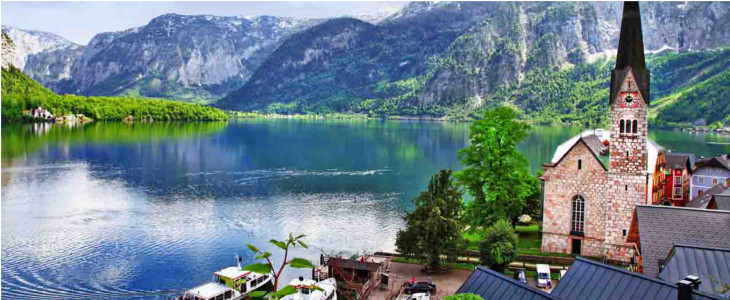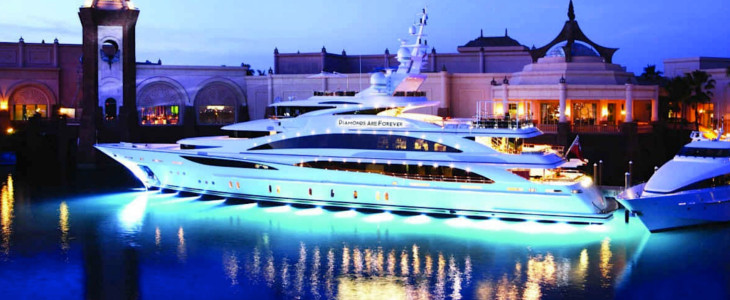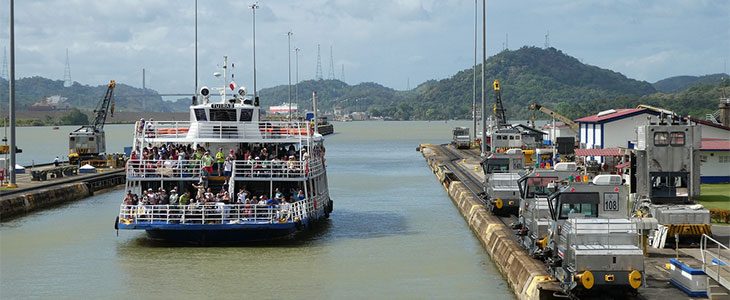Niue

Capital city: Alofi
Currency: New Zealand dollar (NZD)
Population: 1,470 (predominantly Polynesian)
Language: Niuean (official) 46% & English 43%
GDP: $15 million (Est)
Niue is one of the world’s largest coral islands and is located in the South Pacific Ocean, east of Tonga. It’s known for its limestone cliffs, caves and coral-reef dive sites (the best in the South Pacific). Migrating whales swim in Niue’s waters between July and October. In the southeast is the Huvalu Forest Conservation Area, where trails through fossilized coral forests lead to the Togo and Vaikona chasms. The northwest is home to the rock pools of Avaiki Cave and the naturally formed Talava Arches. Niue’s capital Alofi stretches out for several kilometers along the west coast, and has a reasonable range of budget and midrange guesthouses, cottages, motels, restaurants and a resort (see www.lonelyplanet.com/niue).
The island is only 36 km wide and 48 km long with a land area of 260 square km. Niue has been self-governing in free association with New Zealand since 3 September 1974. The island is commonly referred to as ‘The Rock’ or the ‘Rock of Polynesia’. Niue was first settled by Polynesians from Samoa around 900 AD and then Tongan settlers in the 16th century. Captain Cook was the first European to sight Niue in 1774. He made three attempts to land but was refused permission to do so by the inhabitants, so named the island ‘Savage Island’.
Niue provides automated companies registration, which is administered by the New Zealand Ministry of Economic Development (see www.companies.gov.nu). The ‘International Business Companies Act, 1994’ governs the formation and operation of International Business Companies (IBC’s).
Attractive features of Niue as a tax haven:
• Good political stability.
• British based legal system.
• IBC’s pay no tax in Niue.
• IBC’s pay no tax on offshore profits.
• Low annual government fee of $150.
• An IBC has the powers of a natural person.
• No requirement for an annual return or audited accounts.
• Only one director required (which can be a company or overseas resident).
One of the disadvantages of an IBC is the requirement to maintain a registered agent in Niue. The main problem though is that Niue companies lack credibility around the world as the country is very poor and is heavily reliant on aid from New Zealand.
"You’d be stupid not to try to cut your tax bill and those that don’t are stupid in business"
- Bono: U2




